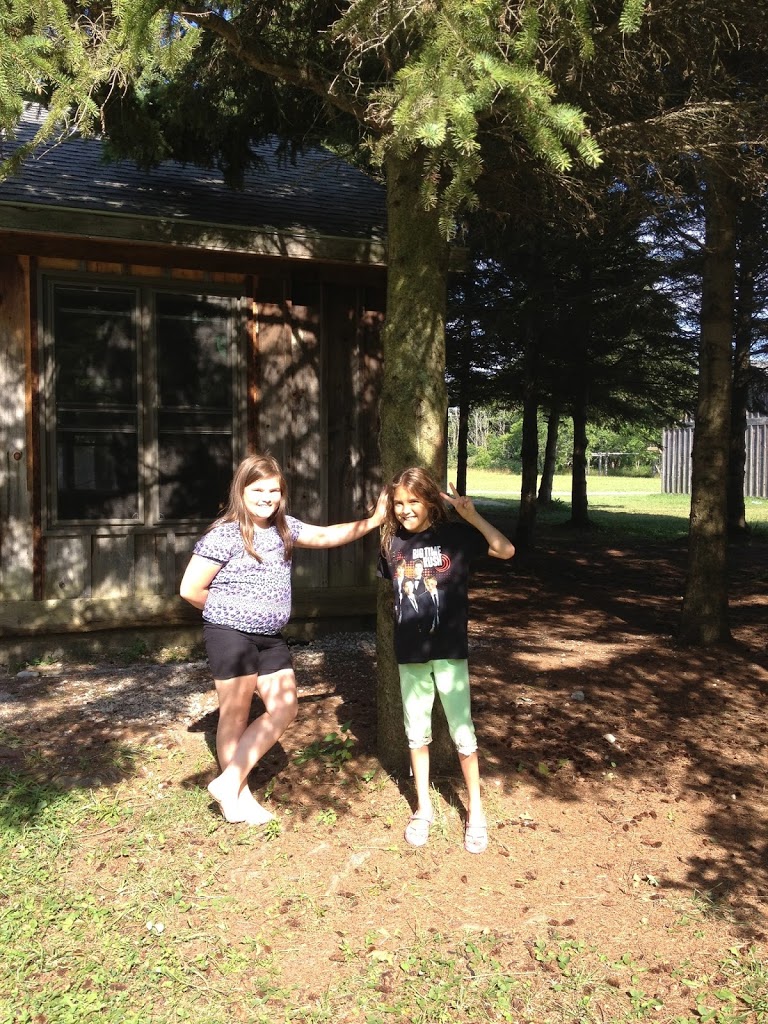
A Word Called Inclusion: #Specialneeds at Camp
Remember this? Two weeks ago, when I was heading off to Chicago, I was still agonizing over whether Ainsley, my busy, sporty girl with special needs, could handle sleep away camp. I wrote a whole post about children with special needs at camp. Parents of special needs children are used to worrying. We worry about finances, and school, and life when we are gone. We worry our kids may never be able to cope fully, and enjoy, and be supported in the world without us. We worry with good reason, because frankly I have seen systems and systemic failures for children with special needs in areas of school, home, child welfare and health. Sadly, I know too that these issues aren’t magically resolved as disabled kids become disabled adults. Issues are often exacerbated for many kids with FASD when they reach adulthood. But that’s not what this post is about.
This post is about inclusion.
I want to tell you first that my girls both had the best week at camp. I want you to know what hope looks like. I want you to hear what inclusion can look like too. I know many of the readers of this blog have walked a similar path to mine battling systems and seeing nothing remotely resembling inclusion in schools in Ontario. I want you to see that this is possible. There were no phone calls home. There was support and caring and kindness and fun and independence at every turn. The morning they returned home from camp, they Face timed me from the iPad. I was still in Chicago. Both were brimming over with excitement and a hint of sadness. Ainsley was first to say she wanted to go back again immediately for another week. That’s how much she loved her first ever week without parents. Over the next few days she would tell me how sad she was missing everyone from camp. I consider that a huge success and a massive indicator of how great a camp this was.
There were no explosions, meltdowns, disasters. No running. No biting, kicking, hitting, aggression etc. Everyone enjoyed her and appreciated her for who she is. But it could have gone either way at some points. I took pains to prepare everyone in advance so they knew what to expect and what Ainsley needed medically and emotionally at camp, at school or anywhere. I gave a couple of counsellors, plus the nurse, the full All About Me package, talked with each of them at her cabin and made sure she was settled before leaving. I made sure we chose a camp where we had experience with our older daughter, so it was not a completely foreign setting. And I very clearly labelled and discussed medications with all of the camp staff necessary.
Drop off was a bit dicey at first. I hadn’t stated the girls needed to be in the same cabin. Their ages are 9 and 12 and the 9 is a young 9 (more like 7 emotionally), so I was leaving that up to the camp director at first. But when Ainsley and Payton got there and they both discovered they were in different cabins, Ainsley began crying and escalating quickly into the I can’t do this zone and Payton got real quiet and withdrawn. So that piece had to be ironed out fast as I envisioned Jim losing a week at work or me losing a week at work in Chicago attending the conference I planned a year ago.
A quick discussion with the camp director, and a reminder of Ainsley’s special needs was all it took. The director immediately tried to reason with Ainsley and realized that wasn’t the tactic that would work, so she quickly problem solved and bumped Payton down an age group while moving Ainsley up in order so that they might share the same cabin and counsellors. The tears ended and Payton snapped out of her sad funk.
The trio of counsellors seemed completely unphased by either of the All About Me booklets the girls come with, the medications or anything else. They were completely accepting and one even stated to me: My Mom has a brain injury.
As we left there on the Sunday night, we both did the usual slow walk away, casting glances back over our shoulder every ten feet or so. Often that helps reduce the dramatic startle response when Ainsley races after us, as she often has from other places, day camps and school settings. Then we back the car out really slowly, so she doesn’t suddenly pop up in rearview mirror and get hurt. (She has also followed me to van before, run alongside van, raced down a path and appeared almost in front of van as I was heading off to work from her school.) Magically, we got away. The girls stayed, and what’s even more important, they loved it.
Ainsley was not the only child there with special needs. There were a few kids with complex physical disabilities, a child with autism, and my two girls with varying degrees of invisible special needs. (I don’t know why that surprised me, but it did. The camp counsellors all seemed so young and yet they were exceptional at supporting a variety of abilities) I was beyond impressed with how the camp handled each child individually, and as a group. They were calm and caring and available. They asked outright: is your child a person who can benefit from one on one support. Then they supplied that person – not to hover, micromanage or argue with my child, but to aid as needed, guide her and help her grow.
That’s how you do inclusion. In case you wondered. You meet kids where they are, accept them as they are, support them as needed and alter plans when necessary. You watch them build their strengths and encourage them when they struggle. You build independence, surround them with opportunities to succeed.
As far as I can tell Ainsley brushed her hair maybe twice all week, showered once or twice, stayed up later than usual and wore her pyjama pants under a track suit all week long. (Unless she was wearing a swimsuit at the beach.) At one point she got “lost” walking in the woods with her friend. The boy she played with started crying and Ainsley problem solved by yelling until her counsellor found them both unhurt. That was the most eventful part of her week.
Some time ago I did a workshop with Dan Dubovsky, a brilliant man from the US who had a son with FASD. He stated something to the effect of: Nobody knows what our kids can do when they are properly supported, because they so rarely are properly supported.
This is what Ainsley can do when she is properly supported. She can thrive. She can create. She can support other children around her. She can charm. She can grow. She can make choices. She can swim. She can run. She can sit, and eat and take her medicine. She can even get lost and someone will find her.
At camp, she learned there are some people who will understand invisible disabilities and help. She learned, she can do it with support. She learned she can rely on her sister even when Mom and Dad aren’t around. She learned Mom and Dad always come back, a lesson she seems to need to keep relearning over and over like so many adopted children. She learned several beautiful camp songs she hasn’t stopped singing. She learned a word called inclusion.
Do you have a child with special needs? Have they done camp yet? If you are in Ontario and wish to know the camp name and details so you can send your kids here next year, please DM me, or call me, or ask me for details for 2014. We will return every year for as long as this remains the perfect inclusive camp for my kids.
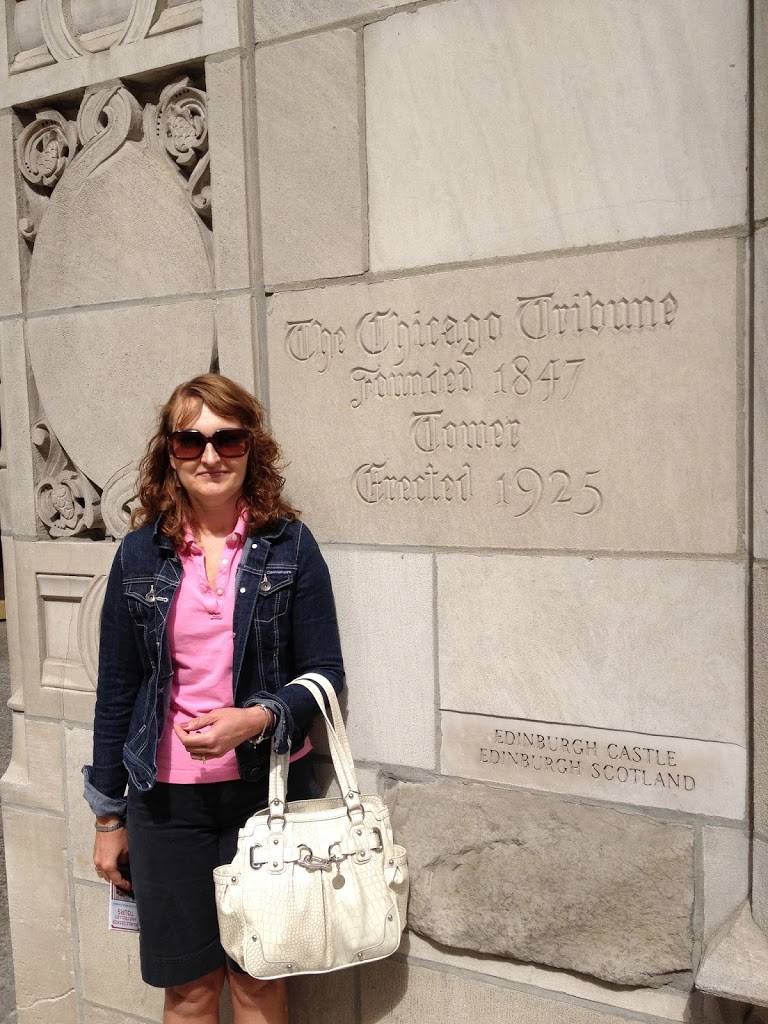

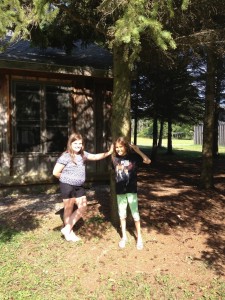
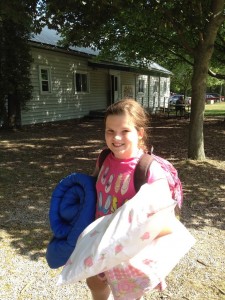
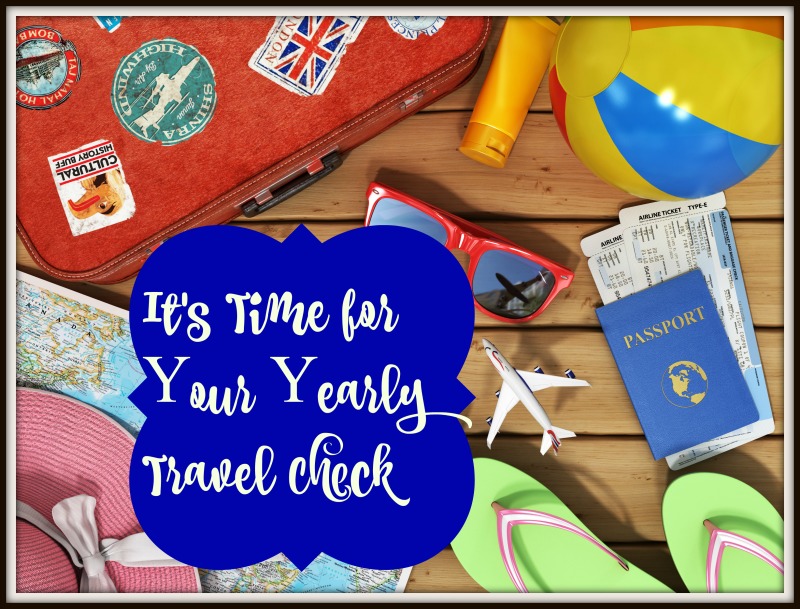

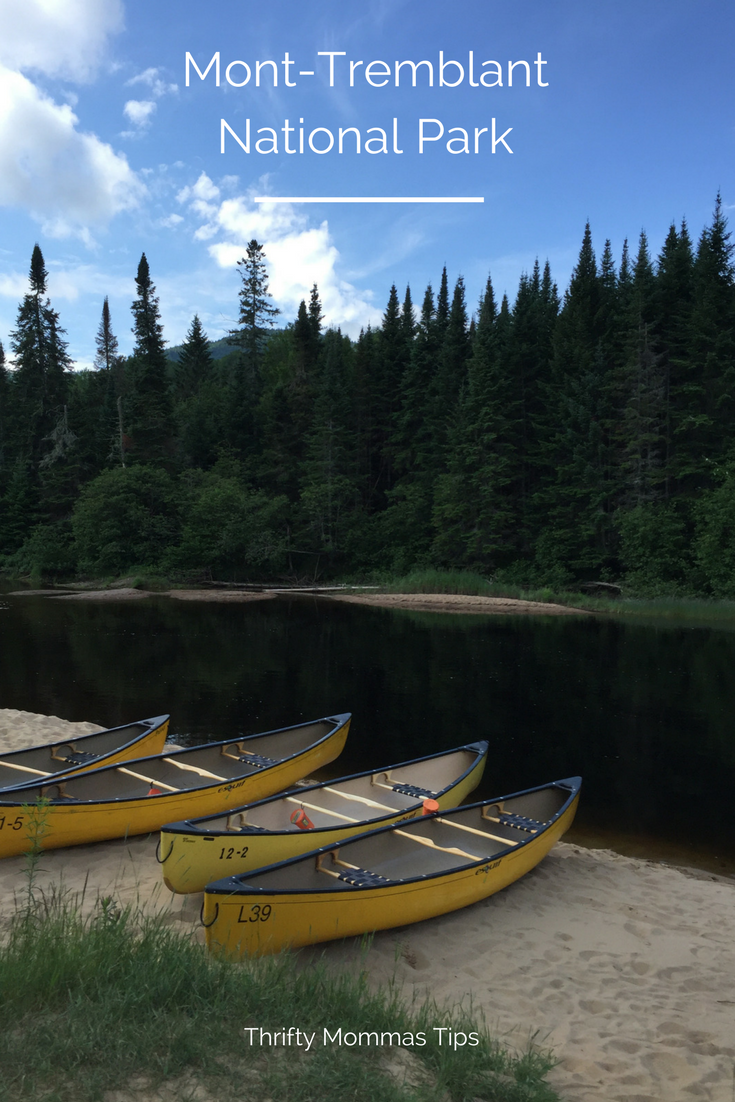
8 Comments
Christy Garrett
I am glad that everything worked out at camp. I loved going to camp as a child and never wanted to go home. They always had activities to keep you busy. I am glad that your daughter didn’t have any issues, sometimes a change of scenery helps kids adjust to life experiences, even special needs children. Thank you for sharing.
Paula Schuck
Thanks for reading! It was a great week fir all of us.
Annie Brown
With proper supports our children can SOAR and FLY and be free. This just warmed my heart reading this. It is wonderful they had a great time at camp.
Paula Schuck
Absolutely!
Sny Med
Paula, what a lovely, lovely blog post. It saddens me that this camp is the exception to the rule, and that you’ve waited so long for inclusion. What delights me the most, is your girls now have a place where they can return year after year.
Jenna
Jennifer Van Huss
I believe inclusion is VERY important. Since my kids were born they have had weekly visits from a lady my moms works with. She is blind and mentally delayed. My kids are use to helping her move about, they tell her jokes and always make sure she is included in the conversations they are having. The funny part is if you were to asking them if there was anything different about her they would say she’s normal. That’s the way it should be for EVERYONE!
Sandy A
How wonderful to read about such a great camp experience! I was born with a disability but, back when I was a child, there was no such thing as “inclusion”..it was more about “exclusion”. In fact, there was no such thing as a camp experience for me. I always heard things like “oh she can’t do that” “don’t make her do that, she’ll hurt herself”. I’m so glad attitudes have changed and that there are positive camp experiences out there that include kids with special needs. Great blog, Paula!
Lyne Proulx
Glad they had such a great experience at camp. I would have been worried all week lol! Letting go is not an easy thing… There should definitely be more camps like this one, inclusion is so important at an early age. Love the post, thanks for sharing.